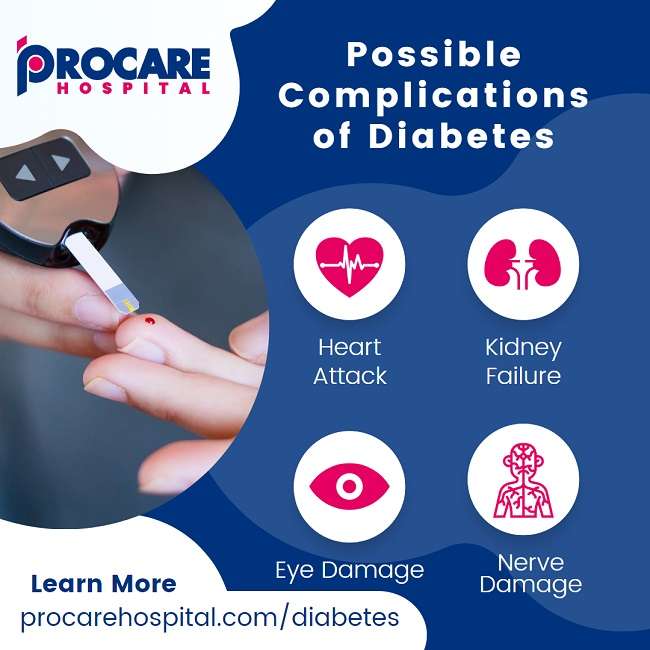Diabetes Mellitus
Diabetes Mellitus also known as diabetes is a medical condition characterized by an elevation in your blood sugar level. The pancreas is an organ found in your body responsible for producing insulin-producing cells which in turn produce insulin hormones that help to convert carbohydrates to glucose. Diabetes occurs when the pancreas cannot produce insulin or the body cells do not respond appropriately to already produced insulin. A study showed that between 2000 and 2019 there was a 3% increase in the number of deaths from diabetes.
What are the types of Diabetes?
- Type 1 diabetes is commonly from an autoimmune disease where the body fight against the insulin-producing cell in the pancreas which leads to reduced insulin hormone It is also known as insulin-dependent diabetes or Juvenile diabetes. It’s usually diagnosed in children and young adults but can develop at any age.
- Type 2 diabetes; is also known as non-insulin dependent diabetes, with this type of diabetes your body does not produce enough insulin, or the body does not respond to the insulin A study showed that up to 95% of people with diabetes have type 2. It usually occurs in middle-aged and older people.
- Gestational diabetes develops in some pregnant women but resolves after pregnancy. Pregnant women with gestational diabetes are at high risk of developing Type 2 diabetes later in
What are the risk factors of Diabetes?
- Family history of
- Obesity
- Sedentary lifestyle
- Unhealthy diet
- Injury to the pancreas
- Polycystic ovarian syndrome
- Autoimmune etc
Symptoms of Diabetes
Increased urination
- Increased thirst
- Increased appetite
- Blurred vision
- Fatigue
- Slow-healing cuts
- Unexplained weight loss
Diagnosis of Diabetes
Early diagnosis can be achieved through testing of blood glucose to ascertain the level of glucose.
Management/Treatment Seek medical advice
Prevention
- Achieve and maintain a healthy body weight.
- Eat healthily, avoid saturated fats, and limit sugar intake. Be physically active and avoid a sedentary lifestyle.
- Avoid smoking. Limit alcohol intake
What are the possible complication of Diabetes
- Eye damage
- Nerve damage
- Kidney failure
- Heart attack
- Diabetes ulcers
- Foot damage
- Abnormal Clot Formation in blood vessels
Get Diabetes treatment today. Doctors will be available 24HR / 7Days. Contact Us For More

